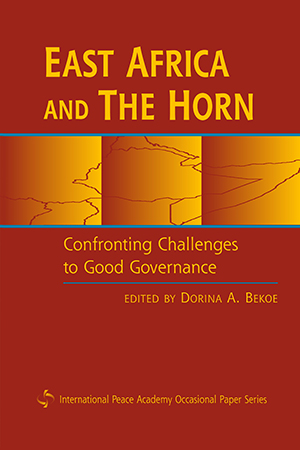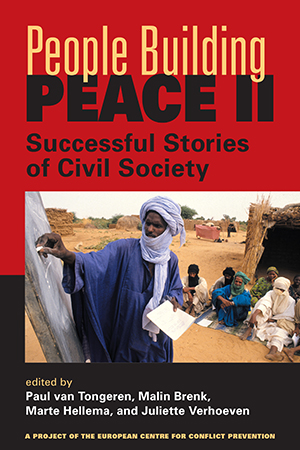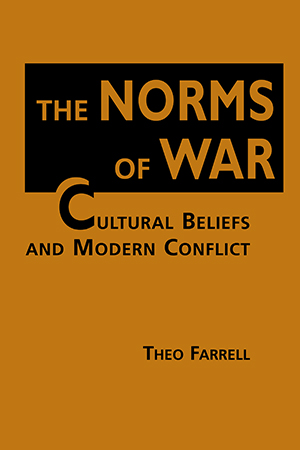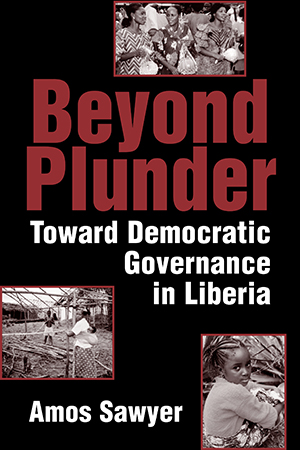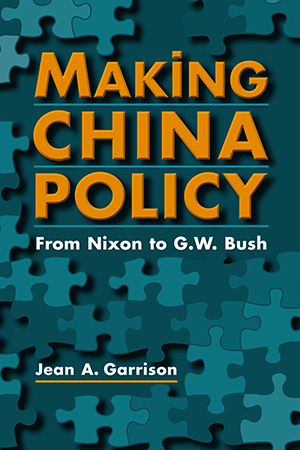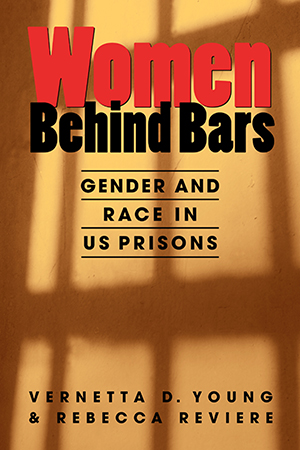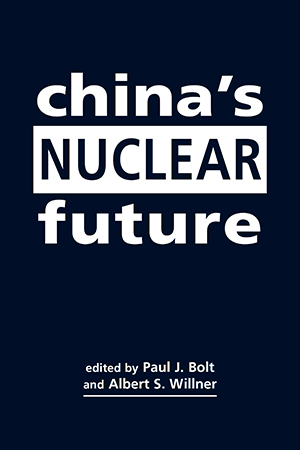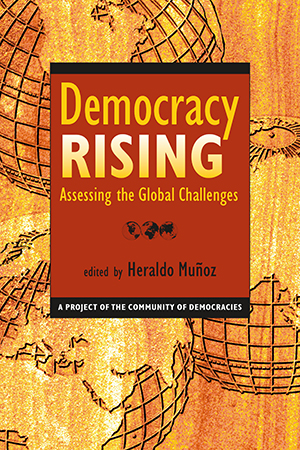BOOKS
Both the obstacles to governance and the opportunities for democratization confronted in East Africa—with its geostrategic importance, porous borders, governments heavily dependent on More >
Individuals can make a difference working for peace worldwide. That is the message of People Building Peace II, an inspiring collection of stories of how "ordinary" men and women More >
Although the horrors of war are manifest, academic debate is dominated by accounts that reinforce the concept of warfare as a rational project. Seeking to explain this paradox—to More >
Can a stable political order be established in Liberia in the aftermath of the collapse of governance and a horrendous period of pillage and carnage? Amos Sawyer argues that the task can More >
What explains the twists and turns in US-China relations since Richard Nixon initiated a policy of engagement in the early 1970s? Addressing this question, Jean Garrison examines the More >
In the past fifteen years, presidents from two parties, supported by parents, teachers, and civic leaders have tried—and generally failed—to increase student achievement through More >
Today's prisons are increasingly filled with poor, dark-skinned, single mothers locked up for low-level drug involvement—with serious ramifications for the corrections system. More >
In the face of significant changes in the contemporary geopolitical environment, China's longstanding policy of maintaining a minimal nuclear stockpile may also be shifting. China's More >
Kenneth Kitts offers entry into the highly political, behind-closed-doors world of blue-ribbon investigative commissions convened in the aftermath of national security More >
This timely assessment of both the progress toward democratic governance globally and the significant challenges that democracies face is the outcome of a seminar organized by the Community More >



